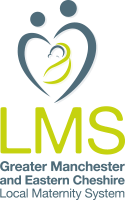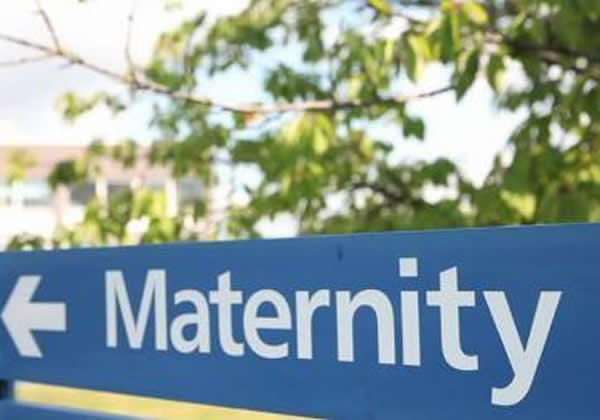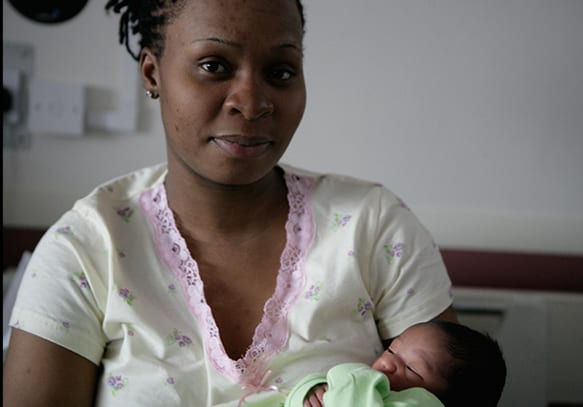Transcript – Challenges during breastfeeding
This information is about some of the challenges that you may come across during the early days of your breastfeeding journey.
Some babies can be what you might hear described as a ‘slow starter’ when it comes to feeding. Babies may be slow to start feeding for several reasons and it can be perfectly normal for some newborn babies to feed infrequently in the first few days. However, it can also be a sign that baby is unwell, such as infection and therefore it is always best to seek advice from your midwife or health visitor if this is the case.
It is important to encourage your baby to nuzzle at the breast in the early days in order to increase your milk supply and to establish breastfeeding. Help your baby to nuzzle and suckle at the breast whilst in skin to skin, as that will ‘switch on’ those milk producing cells and baby will become familiar in being at the breast.
Hand expression of colostrum can help to entice your baby to the breast if it’s dripped into their mouth.
How well a baby feeds can depend on the type of birth and pain relief used during labour. Often all it takes is some gentle handling and patience and you can overcome those early challenges.
Sore nipples can hugely impact on your breastfeeding journey. This usually happens if your baby isn’t positioned or attached well at the breast. If a baby only sucks the nipple rather than the whole areola, then their tongue or roof of the mouth may rub on the nipple. This causes the nipple to become sore very quickly and can cause the nipple to crack. Breastfeeding shouldn’t be painful, so it’s important to get breastfeeding support right from the start. It’s also important to remember sore nipples won’t get better if the positioning and latching of your baby is not improved.
A baby that refuses the breast can be distressing for both mum and baby. This behaviour doesn’t mean your baby dislikes your milk, but can often be due to your baby struggling to latch effectively and becoming frustrated. It is important to seek support and to check positioning and attachment; a change of position and lots of skin to skin may help – and remember to relax! When you are relaxed, your baby is relaxed.
Frequent feeding can also become a challenge for mums. Babies often ‘cluster feed’, meaning the frequency of breastfeeds increases. This can be a very tiring and demanding time but be reassured it is a completely normal process. Babies cluster feed to increase milk production, so it’s important to be flexible and adaptable to your baby’s demands. Responsive feeding enables your baby to receive what they want when they need it and that includes much more than just food. It is also about love, protection, comfort, rest and relationship building.
Some of the more common reasons for newborn babies refusing to breastfeed could be:
- A difficult labour or delivery—your baby might feel sore or have a headache.
- Medication used during labour—anaesthesia, epidural or pethidine can make your baby sleepy or groggy.
- Your baby being separated from you after birth—even for a few minutes
- Discomfort due to a birth injury or bruising
- Swallowing mucus at birth and suctioning can make your baby feel congested, nauseous or uncomfortable
- An early unpleasant experience of breastfeeding, such as being pushed onto the breast.
- Baby might be unwell, for example an infection.
Most importantly, seek support and advice. Please look at our website for more information about breastfeeding and breastfeeding support. Ask your midwife – she will always be happy to discuss any questions you might have.
Information on national breastfeeding support groups and organisations:
The Association of Breastfeeding Mothers which has a breastfeeding counsellor telephone helpline (0300 330 5453) and provides written information on breastfeeding issues.
The Breastfeeding Network which runs the national breastfeeding helpline (0300 100 0212) and provides written information on breastfeeding issues.
The La Leche League GB which runs a telephone helpline (0345 120 2918), provides online help, runs local meetings, and provides written information on breastfeeding issues.
The National Childbirth Trust which runs a telephone helpline including breastfeeding support (0300 330 0700), runs antenatal courses, and provides written information on breastfeeding issues and infant feeding.






